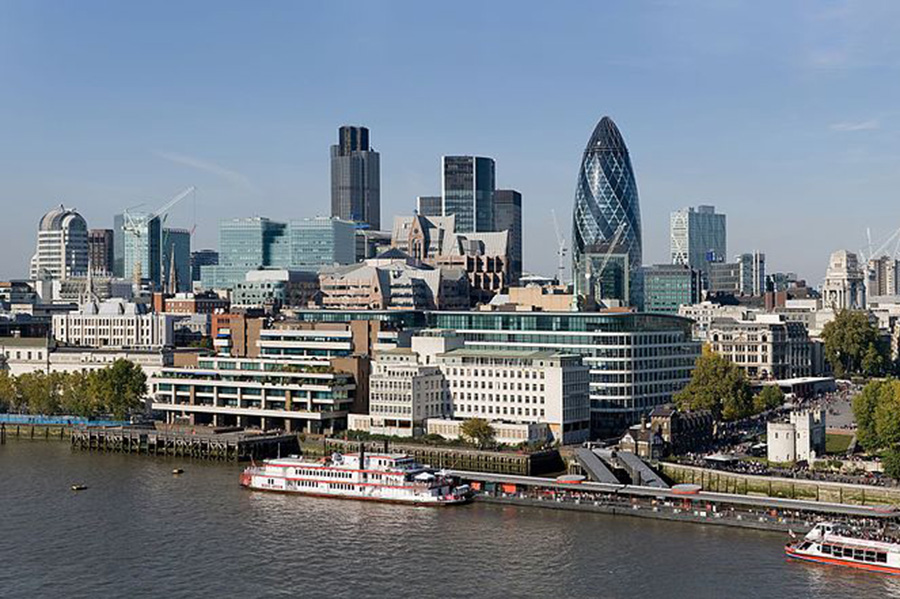Two weeks ago, I argued that ESG is not an investment category. It is an adjective, not a noun.
It doesn’t make sense to pretend that there is some common quality attributable to any investment fund that uses the term ESG. ESG is an umbrella term used by a variety of funds whose claims to have injected some element of social, environmental or governance evaluation are hard to verify.
Stewardship, on the other hand, is a noun. To find out what stewardship means look at any family business that has lasted a century and has a track record of caring for people, of this generation and beyond. Ayala Corporation of the Philippines; Eu Yan Sang in Malaysia and Singapore; Dr Reddy’s and Tata and Sons in India; SC Johnson in North America; Linney Group in the UK. (Ong Boon Hwee, Founder of CEO Stewardship Asia, and I have described these and others in our book, Entrusted).
As I mentioned in my tribute to the late Simon Fraser, when the Stewardship Code was first introduced by the Financial Reporting Council (FRC) it lacked definition.
The FRC has listened and worked to establish a definition and criteria for assessing the quality of stewardship being exercised by institutional investors. (Albeit, insiders tell me, the code’s requirements still leave signatories too bogged down in detail to communicate the substance of their stewardship.)
In the classic family business with concentrated ownership, there is less daylight to be seen between the values and concerns of the family and those of the board.
These companies exemplify stewardship – the responsible and whole hearted management of entrusted assets so as to pass them on in better condition.
In listed companies, stewardship is a joint exercise. Think of two horses pulling the plough. One is the board and one the shareholders. Effective stewardship happens when together they plough a straight furrow.
Yet regulation treats the two horses as if they were pulling different ploughs! The role of the board is left to a separate UK Governance Code that fails to mention stewardship. Meanwhile this is how stewardship is defined in the UK Stewardship Code:
Stewardship is the responsible allocation, management and oversight of capital to create long-term value for clients and beneficiaries leading to sustainable benefits for the economy, the environment and society.
A further problem with this definition is that it does little justice to the stewardship value chain which starts with the client or beneficiary and ends up with the performance and impact of companies. There is a series of decisions along that chain that all need to be faithful to the wishes of the ultimate investor.
The UK’s Investor Forum, which represents the collective voice of investment institutions concerned with their stewardship responsibilities offers a much better definition.
We believe that stewardship is preserving and enhancing the value of assets with which one has been entrusted on behalf of others. It reflects the fact that any investment intermediary looking after assets on behalf of a beneficiary or client has obligations of a fiduciary nature.
The word ‘entrusted’ is crucial. Fund managers are not merely croupiers handling casino chips for clients. They are entrusted with a three-dimensional responsibility to invest the money wisely in well-stewarded companies so as to earn a financial return in ways that are compatible with the ultimate investor’s wishes.
This is a demanding task in an age where so many of their clients and beneficiaries feel disconnected from the whole system. As the Edelman Trust Monitor put it back in 2019
‘Despite the divergence in trust between the informed public and mass population, the world is united on one front – all share an urgent desire for change. Only one in five feels that the system is working for them, with nearly half of the mass population feeling that the world is failing them. ‘
The FRC has updated its list of those institutions which it believes are worthy signatories of the Stewardship Code. A number of big names, including Schroders and Goldman Sachs, are missing from the list.
This is a start. Yet think about where this could lead.
In 2014, in a paper jointly published with Standard Life Investments (now abrdn) Tomorrow’s Company argued that once there was an agreed set of criteria for evaluating stewardship activities (now achieved) there was a need to:
‘bring together relevant interested parties, including consumer groups, with the aim of developing an agreed approach to stewardship accreditation for retail funds to create not only incentives to excel in stewardship but also a basis to inform savers.’
This is the next step on the journey towards making capitalism more trustworthy. Ultimately, savers need to know not just which investment houses are capable of being good stewards, but which individual funds by their approach invest in the kind of companies they can have confidence in.
This may be a step too far for the regulator. Yet it is what society needs – showing savers how the system is deploying their savings.
That private equity fund which has just acquired a company and slashed jobs, sold and leased back its properties so as to extract a windfall for its partners may have been using the savings of ordinary pensioners. The same applies to that social impact fund that has earned a good return while contributing to sustainable development in Asia and Latin America. Imagine if savers felt genuinely identified with the impacts of their investments, and empowered to make better choices.
That is the potential of better stewardship. It can reach parts that ESG will never reach because it focuses on the central nervous system behind the ownership of shares and not on the superficial labelling of investment products.
It is the next big frontier for the FRC, the Financial Conduct Authority, and the Investor Forum alike.
Mark Goyder is Senior Advisor to the Board Intelligence Think Tank. He is Founder of Tomorrow’s Company and Co-Author with Ong Boon Hwee of Entrusted: stewardship for responsible wealth creation.
